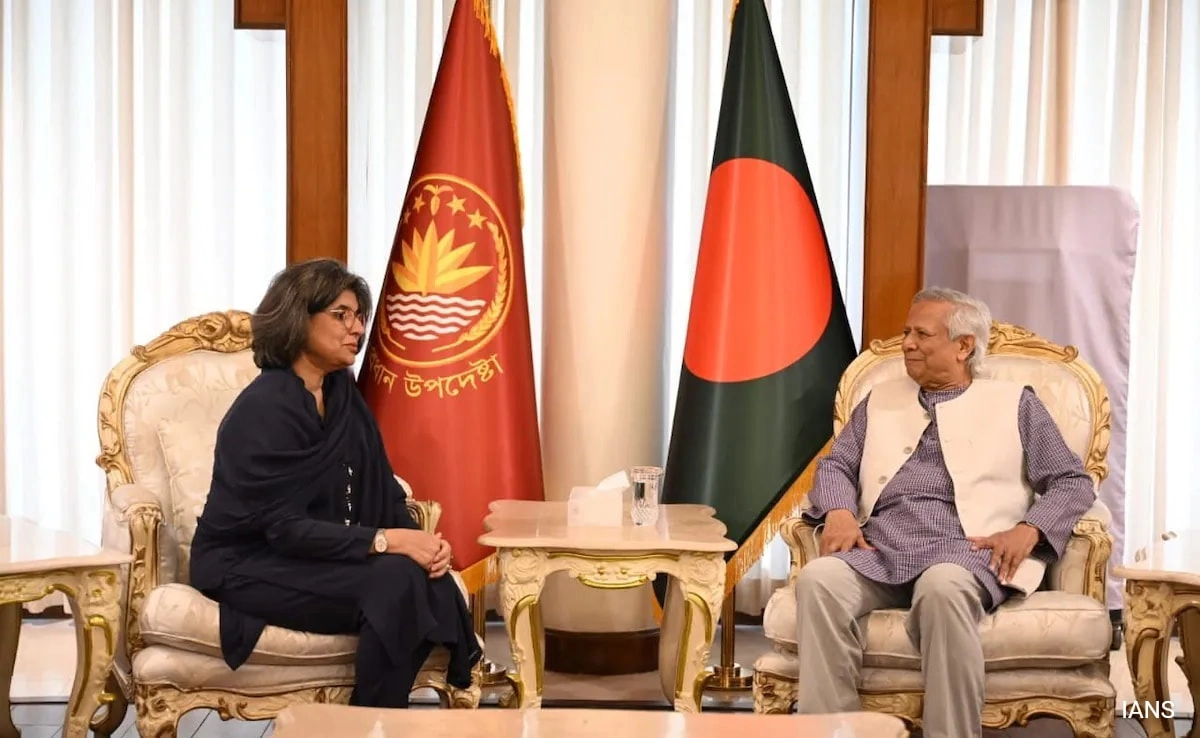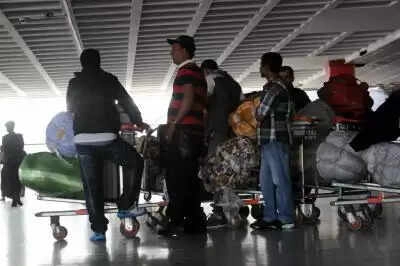In recent discussions surrounding Bangladesh’s relationship with Pakistan, a series of demands have emerged that highlight the ongoing complexities of their historical ties. Among these demands, Bangladesh has called for a formal apology from Pakistan regarding the atrocities committed during the 1971 Liberation War. This conflict, which ultimately led to Bangladesh’s independence, involved significant loss of life and widespread human rights abuses, leaving deep scars that continue to affect the national psyche. The Bangladeshi government and its citizens believe that an acknowledgment of these past wrongs by Pakistan is crucial for fostering reconciliation and moving forward in a more constructive manner.
Additionally, Bangladesh has sought reparations in the form of financial assets that were reportedly transferred to Pakistan during the tumultuous period leading up to and following the war. These funds are seen not only as a matter of economic justice but also as a recognition of the financial and human cost borne by Bangladeshis during the war. The demand for these assets is rooted in a broader call for accountability and recognition of the historical injustices faced by the nation. This aspect of the demand poses significant challenges, as it involves complex negotiations over historical records and financial treaties that date back several decades.
Moreover, the call for additional funds aims to support various developmental projects in Bangladesh that could help heal the wounds of the past and strengthen the nation’s economy. By securing financial assistance from Pakistan, Bangladesh hopes to invest in infrastructure, education, and health care, all crucial for the nation’s growth and progress. This demand underscores the desire for a pragmatic approach to the bilateral relationship, one that seeks to move beyond historical grievances while still addressing the real needs of the Bangladeshi people.
In summary, Bangladesh’s demands from Pakistan for an apology, assets, and funds reflect a deep-seated need for acknowledgment and reparative justice. These demands are not merely about historical grievances; they represent a broader aspiration for a future built on mutual respect and understanding. Addressing these issues could pave the way for improved relations between the two nations, fostering an environment where both can collaborate on common goals and shared challenges. The path to reconciliation may be fraught with difficulties, but it is essential for both nations to engage in open dialogue and seek ways to bridge the divides of the past.




